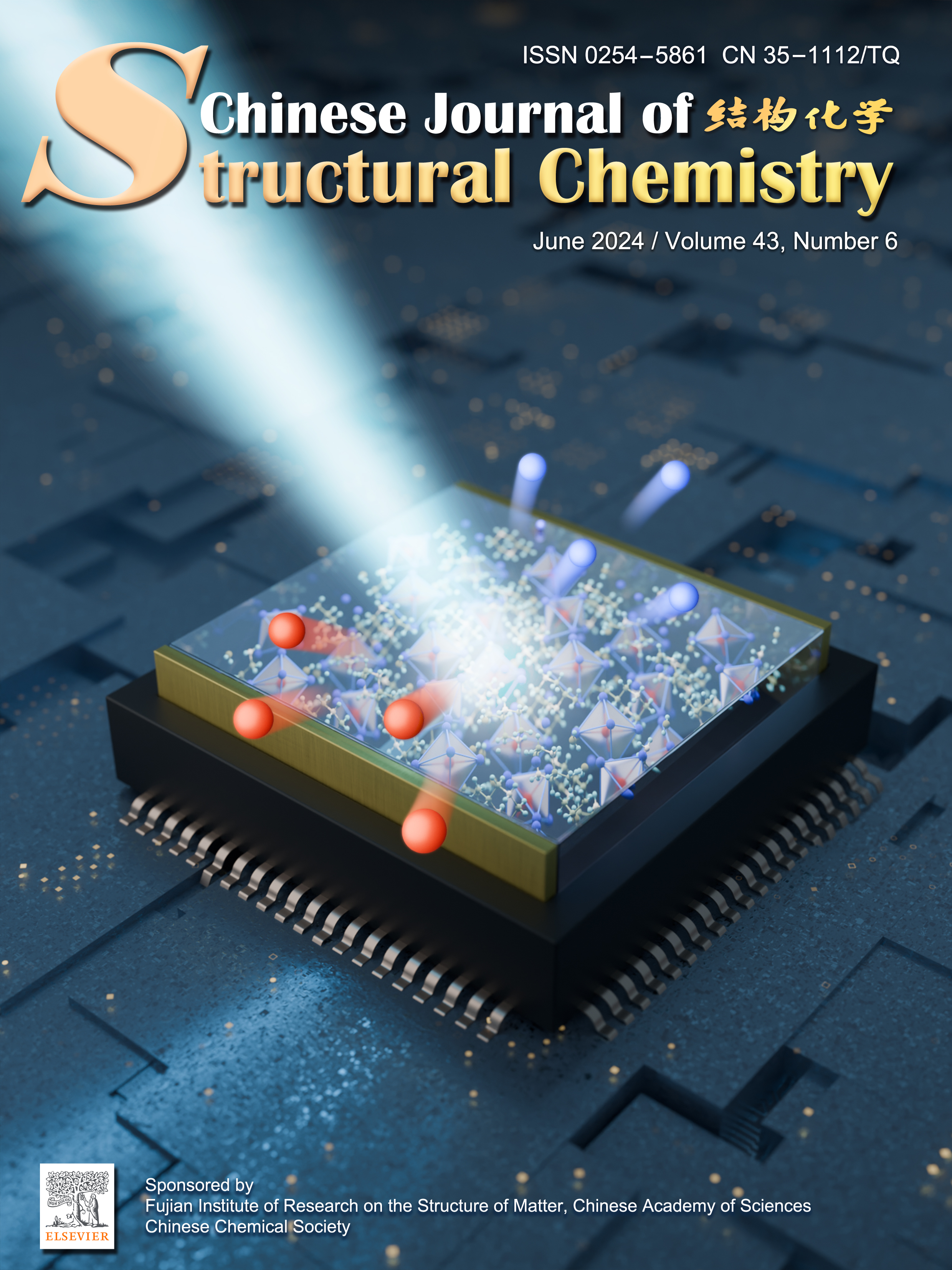
Xin Dong, Tianqi Chen, Jing Liang, Lei Wang, Huajie Wu, Zhijin Xu, Junhua Luo, Lina Li*
Guoliang Liu, Zhiqiang Liu, Anmin Zheng*
Chin. J. Struct. Chem., 2024, 43: 100308. DOI: 10.1016/j.cjsc.2024.100308
June 15, 2024
ABSTRACT
In addition, catalyst stability is of pressing concern. Some other approaches have been proposed to prevent supported metal NPs sintering, such as metal species confined in zeolites (metal@zeolite) or construction of strong metal-support interaction (SMSI) on the reducible supports in many cases. However, the poor accessibility of encapsulated metal species to reactants with large molecular size might slow the reaction for metal@zeolite catalysts, and the catalyst activity would be sacrificed due to the coverage of metal oxide on the active metal NPs surface for catalysts with SMSI effect. In contrast, this work shows a successful example for the construction of stable supported metal NPs catalyst using defect rich zeolites surface, which overcomes the challenge of Cu NPs sintering during the reaction atmosphere. The diffusion issues can be avoided because active Cu species are anchored on the Beta-deAl zeolite surface, and most Cu NPs are stabilized with uncovered metal surface. Other strategies to introduce defect sites in zeolites and the stability of metal NPs over such modified zeolites under reaction conditions need further investigations. We believe that more excellent works in the future are expected to the development of zeolite-based metal catalysis.






